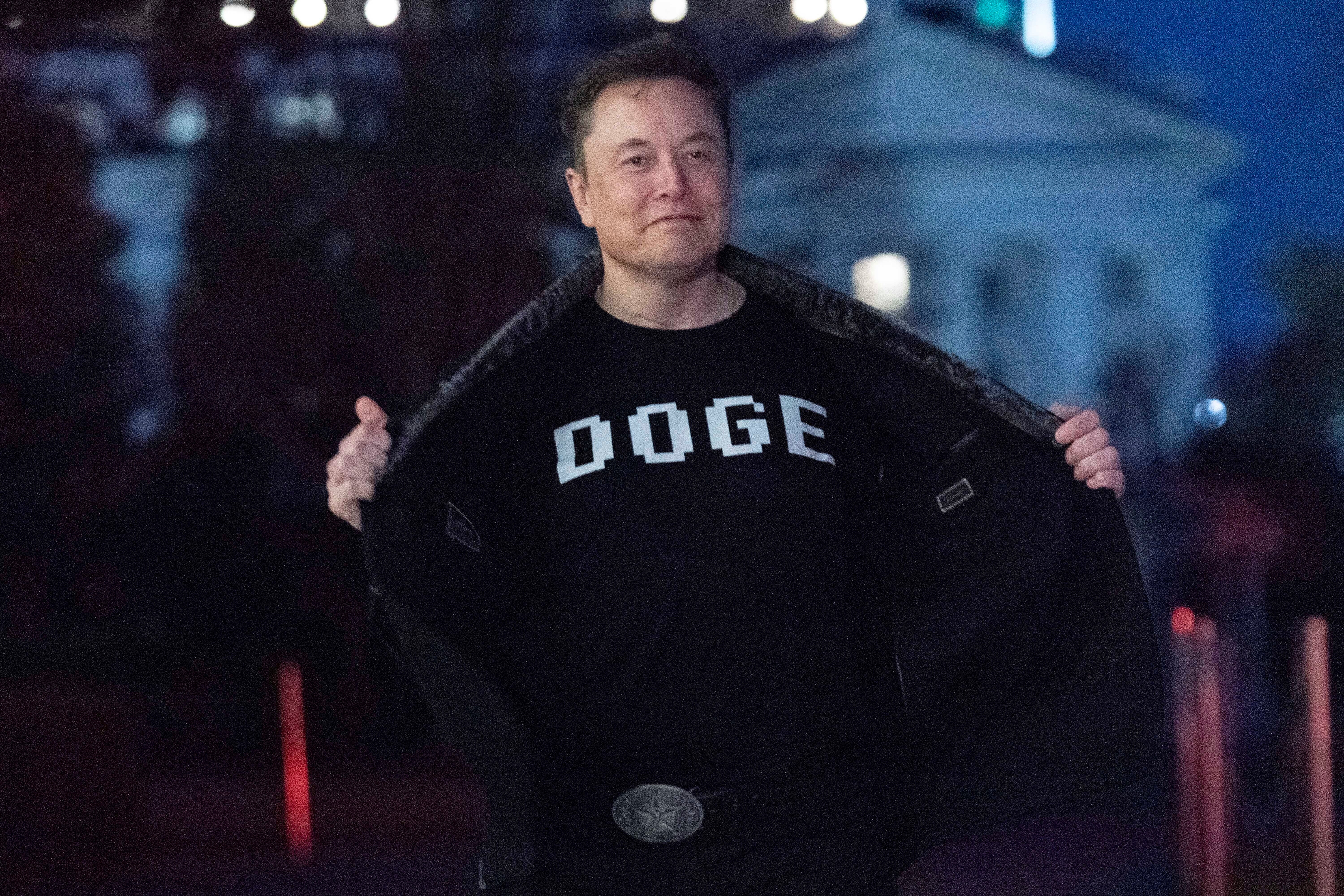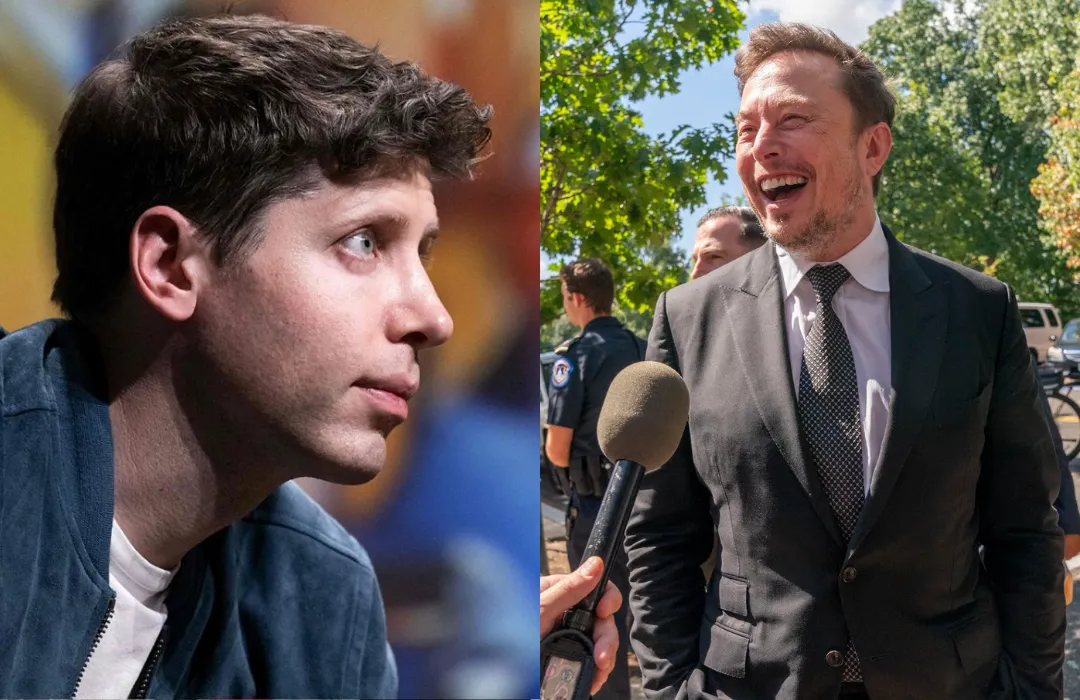
In a significant legal development, a federal judge temporarily blocked the Department of Government Efficiency (DOGE) from accessing Social Security systems containing the personal data of millions of Americans. The ruling, issued on Thursday, comes after concerns raised about the DOGE team’s broad access to sensitive data and its potential to violate privacy laws. U.S.
District Judge Ellen Hollander in Maryland found that the team’s actions at the Social Security Administration (SSA) amounted to a "fishing expedition" in search of fraud, without sufficient justification to warrant such an intrusive search.
The DOGE team, led by billionaire Elon Musk, had been given sweeping access to Social Security data in an effort to uncover fraud and waste within the government program. Musk has long targeted the Social Security Administration, calling it a "Ponzi scheme" and arguing that its inefficiencies and alleged fraud are a significant burden on taxpayers.
His administration claims that the team’s work is focused on addressing waste in the federal government, with the ultimate goal of reducing spending. However, critics, including labor unions, retirees, and privacy advocates, have raised alarms about the potential consequences of the team’s actions, particularly in regard to privacy and information security.

The judge’s order mandates that the DOGE team delete any personally identifiable data that they have already accessed. While the ruling temporarily blocks their efforts, it does not completely prohibit them from accessing redacted data—data that has been stripped of personally identifiable information. However, even in these cases, the team must undergo proper training and background checks to ensure that their work adheres to privacy laws.
This nuanced approach reflects the judge’s acknowledgment that rooting out fraud and waste within the SSA is in the public interest but also underscores the importance of safeguarding personal data and adhering to legal requirements.
Judge Hollander’s ruling emphasized the need for a balance between government efforts to identify fraud and the protection of citizens’ privacy. In her decision, she noted that while rooting out fraud and waste is crucial for effective governance, the government cannot bypass privacy laws or take unlawful actions in the pursuit of these objectives.
Her language suggests that, although fraud prevention is important, the method by which the government conducts these investigations must remain within legal and ethical boundaries.

The DOGE team’s work has drawn significant criticism from various quarters. The lawsuit filed by labor unions, retirees, and the advocacy group Democracy Forward raised concerns that the team’s activities posed a serious risk to information security. These groups argue that the team’s access to personal data could expose sensitive information to unauthorized individuals, which could have detrimental consequences for millions of Americans.
A recently departed SSA official also expressed deep concerns about the implications of DOGE’s actions, describing their intrusion into the agency as troubling and potentially harmful.
Despite these concerns, Musk’s administration has remained steadfast in its belief that reducing fraud and waste in Social Security is essential for fiscal responsibility. Musk has consistently painted the Social Security system as one rife with inefficiencies, advocating for reforms aimed at trimming excess and eliminating fraud.
In his view, eliminating waste in such a significant government program would not only save taxpayer money but also help ensure that Social Security remains a viable resource for future generations.

The ruling from Judge Hollander represents a temporary setback for the DOGE team, but the case is far from over. The Trump administration could appeal the decision, seeking to reinstate the team’s full access to Social Security data.
If the ruling is upheld, however, it could have significant implications for how government agencies handle sensitive personal data in the future. The case highlights the delicate balance between transparency and privacy, and it underscores the potential risks associated with allowing broad access to sensitive data without sufficient oversight or legal justification.
This ruling also raises broader questions about the role of private individuals and companies in government efforts to combat fraud and waste. Musk, as the leader of the DOGE team, is an outsider to government administration, and his approach to government reform has drawn both praise and criticism.
While his business acumen is widely recognized, his leadership of the DOGE team has raised concerns about the potential for overreach and the consequences of allowing private sector actors to influence public policy on such a large scale.

As the legal battle continues, it is likely that both sides will continue to press their arguments in the courts. On one hand, supporters of the DOGE team will continue to argue that their efforts are necessary to combat fraud and waste in the government, particularly within programs like Social Security, which they believe are rife with inefficiencies.
On the other hand, critics will continue to raise concerns about privacy violations and the security risks associated with broad access to personal data.
The case is particularly significant given the ongoing debate about privacy, government oversight, and the role of technology in public policy. As data collection and surveillance technologies continue to advance, the legal landscape surrounding privacy rights and government access to personal data will only become more complex.
This case could serve as a landmark decision that shapes future policies on the balance between security and privacy, setting important precedents for how the government handles personal data in the digital age.

The White House, which has yet to comment on the ruling, may find itself under increasing pressure as the case unfolds. If the decision is appealed, it could become a key point of contention in the ongoing debate about the role of government in regulating private data and the rights of citizens to protect their personal information.
Whether or not the ruling stands, the case is likely to continue to spark discussions about the proper boundaries of government action and the protection of personal privacy in an increasingly interconnected world.
For now, the temporary injunction remains in place, and the DOGE team’s work will be limited to accessing only redacted data, pending further legal proceedings. This case, still in its early stages, promises to be a significant legal battle that could have lasting implications for the intersection of government oversight, privacy rights, and the use of technology in public policy.
-1746084816-q80.webp)

-1745824068-q80.webp)
-1745812037-q80.webp)